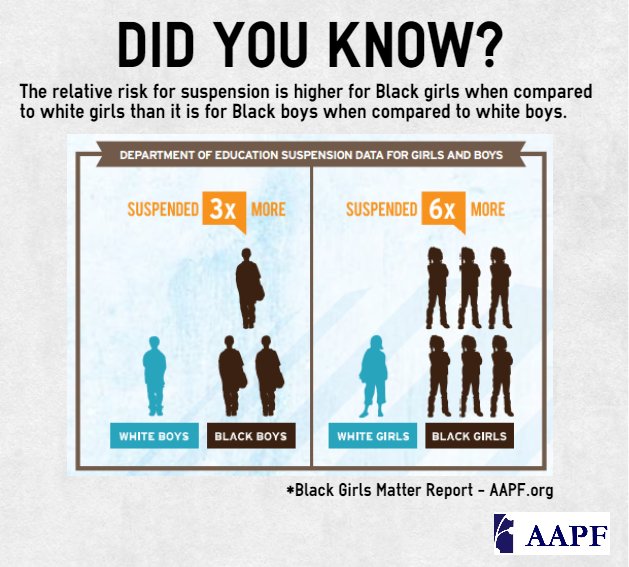
Via British Library. University of Essex Theatre Arts Society: © University of Essex Theatre Arts Society, Richard Demarco Gallery: © Richard Demarco Archive.
Today—October 27th, 2016—would have been Sylvia Plath’s 84th birthday. Plath’s work is remembered for being many things, but one important aspect of her poetry that often doesn’t get enough attention is its complex depiction of motherhood and women’s reproduction. Looking back at Plath’s 1962 play in verse, Three Women: A Poem for Three Voices, it’s striking how well this piece speaks to our current political climate around reproductive rights—to Trump’s ridiculous claims about late-term abortion, his promise to appoint anti-choice justices to the Supreme Court who would “automatically” overturn Roe v. Wade, and to the widescale Republican war on women’s reproductive rights. It’s incredible, and terrifying that we’re still having this conversation. Right-wing anti-choicers could learn a lot from Plath’s play, which takes place in a maternity ward, and depicts—through three series of monologues—three distinct women’s very different experiences with pregnancy. The first is a married woman who’s excitedly welcoming her new baby; the second is a secretary who experiences a miscarriage, and the third is a student who places her child up for adoption. Plath’s play can be read as a meditation on the complexity of women’s feelings about pregnancy, why reproductive options are right and necessary, and why men, the government, and other structures of power really have no right to have any say about it.
Each of the play’s monologues hold equal weight within the piece, and the title, “Three Women,” conveys an equalizing recognition of all three perspectives on motherhood as valid, natural female experiences. Two of Plath’s women speakers have deep feelings of love for their unborn children—Woman 1 excitedly anticipates her son’s arrival (“I cannot help smiling at what it is I know./ Leaves and petals attend me. I am ready.”) and Woman 2 feels shattered by the loss of her pregnancy (“I am dying as I sit. I lose a dimension.”). Woman 3, on the other hand, expresses feeling trapped by her unwanted pregnancy:
“I wasn’t ready. The white clouds rearing
Aside were dragging me in four directions.
I wasn’t ready.
I had no reverence.
I thought I could deny the consequence–
But it was too late for that. It was too late, and the face
Went on shaping itself with love, as if I was ready.”
Continue reading →
 All Oklahoma facilities licensed by state health officials that have public restrooms will be “required to post signs directing pregnant women to seek services other than abortions…It is unclear whether the signs are required to be posted in both male and female restrooms.”
All Oklahoma facilities licensed by state health officials that have public restrooms will be “required to post signs directing pregnant women to seek services other than abortions…It is unclear whether the signs are required to be posted in both male and female restrooms.”







